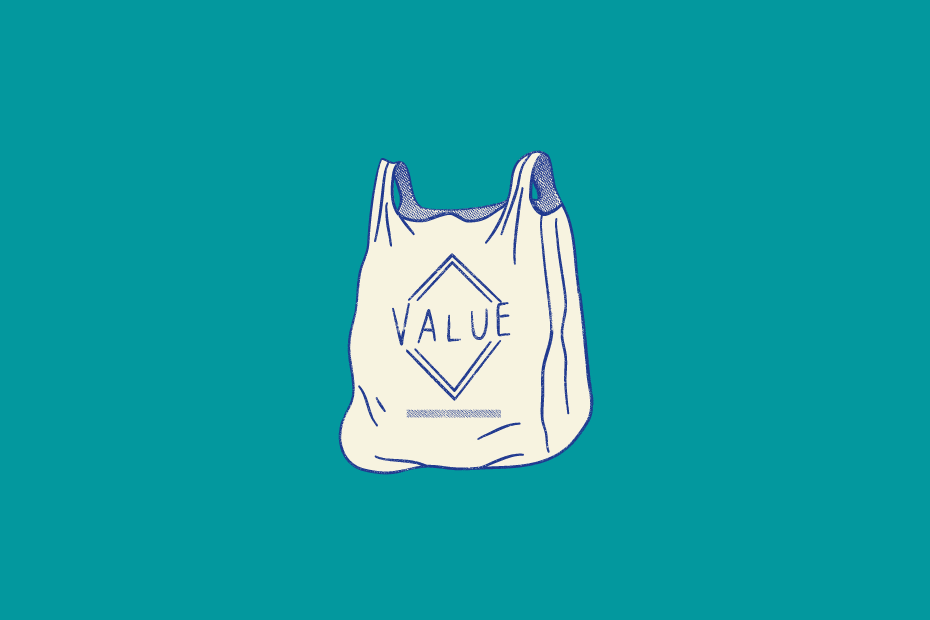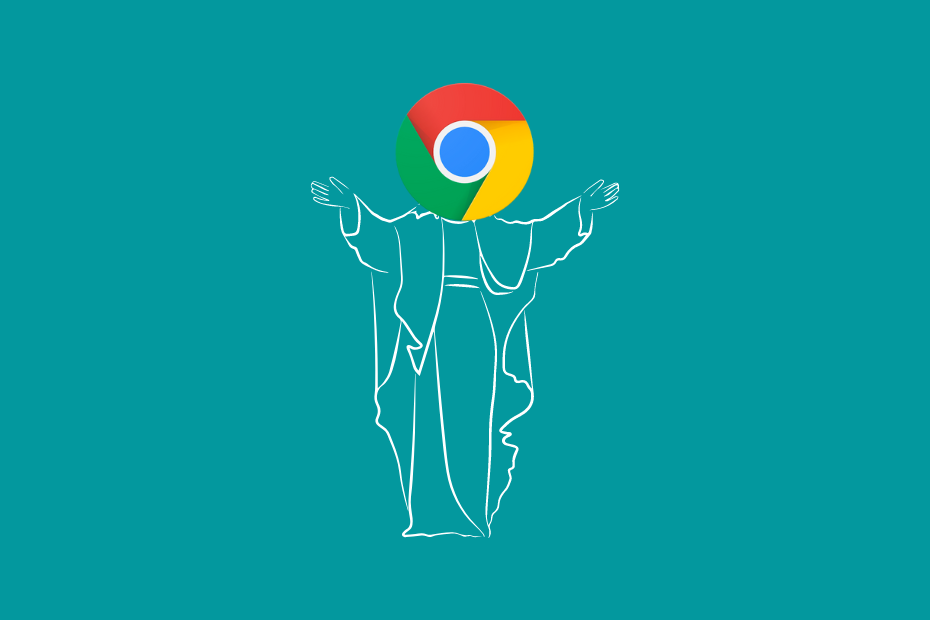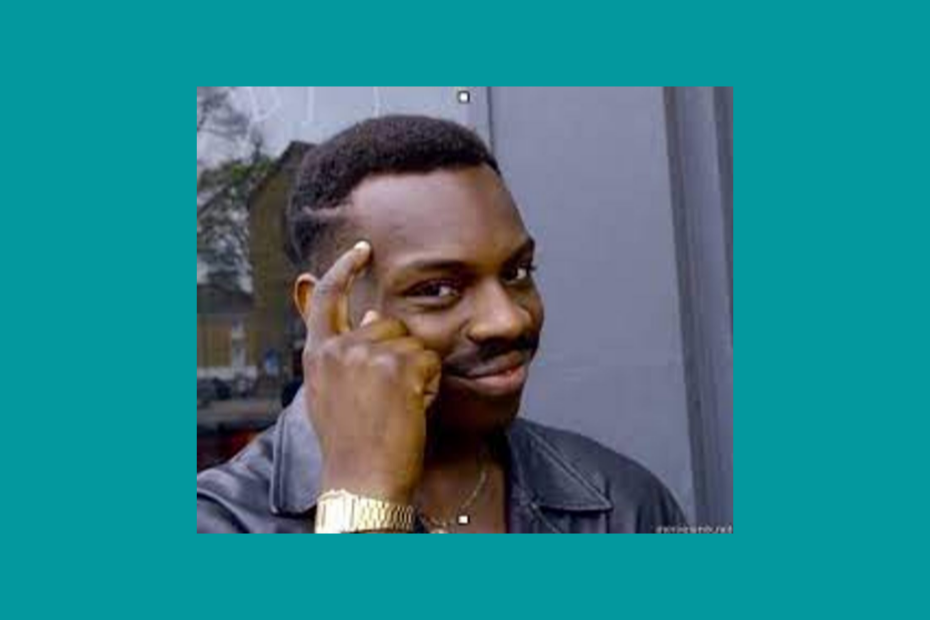Why am I writing this blog?
I started writing online 4 years ago. Since then I published more than 200 articles on different blogs, attracted at least 700.000 page views, and learned a lot about when it does and doesn't make sense to write online.

You learn digital marketing by doing it. This is why I started writing a blog back then. I finished several online courses on marketing, and read the up-and-coming publications, and books on the topic, but I did not have any practical experience to show for it.
And I needed practical experience.
I wanted to get a job in the field and later new reasons emerged to continue writing.
Also, I had a lot of false motivations which I believed they are reasons worth writing for but turned out to be even false motivations, or time made them outdated.
After 4 years and 700k+ page views later I am still writing a blog in 2022.
I am writing this piece to show you my reasons for writing a blog, the learnings I had along the way, and the potential future of blogging as far as I see it.
This is an opinionated piece. It doesn't apply to everyone and it is certainly not true for everyone.
This is about my journey and values, and I hope it gives clarification to you, to the reader of this blog when going through the rest of my work on diverse topics and asking: why the heck did he write this?
So get started with the true reasons I found as a motivational source to continue blogging.
My True Reasons to Write a Blog
Learning by trying
Having a playground on the internet helped me to embrace the beginner mindset and gave me the courage to try new things. I had a lot of doubts when started writing online and certainly, I sucked at a lot of things I found crucial to succeed in the online game.
If I would have to pitch the things I did on the blog in a professional setting then certainly I wouldn't have the courage to do so.
But the bar was low to try anything on my blogs.
So I tried everything which I found interesting.
It turned out over the years that I like tinkering with stuff and hate monotony. I always want to learn something new and it energizes me when I am a total beginner in a topic.
Some things I learned through blogging:
- Knowledge about different topics: I cover a wide variety of topics on my blogs. I have written about fitness, philosophy, and marketing and written summaries of books by economists. I had to get a deeper understanding of all of these topics to write in a way that is valuable to readers. I always do my research and I learn a lot from it.
- Design, illustration: I am not the champion of aesthetics, but I learned pretty quickly that people don't read walls of text. I don't read walls of text. Creating illustrations for my blog became something I found important and had zero knowledge about. I did not become the champion of beauty, but I learned to use tools like Canva or Miro to display my thoughts in a more enjoyable way. The fun thing was that I could translate my pretty basic illustration skills to other parts of my life. I believe watching my slides at a conference or receiving my crappy Christmas welcome card is a less painful experience now.
- Tinkering with technical stuff: I always respected developers while being interested in the technical part of the web from a practical perspective. I wanted to get stuff done on my blog, so I picked up some basic skills during my journey. I became familiar with CSS to design a Mailchimp form people actually sign up with. I copy pasted command line commands and destroyed my self-hosted Ghost site multiple times to learn when it is worth paying for something instead of tinkering with it. I tried different WordPress site-builders, found the best plugins for improving site performance, and learned to use Google Tag Manager to add book structured data to blog posts.
So writing a blog was never just about writing for me.
It is a fun experience to try new things and this is something that motivates me to keep going.
Serendipity
I never cared about fame, recognition, and publicity. I am the silent guy in the room who speaks only when he thinks he has something valuable to add. This is not something to strive for but something I have to live with.
Being the silent guy means that my successes are less-loud, the opportunities I attract are less lucrative, and I have to work really hard when interviewing for a job to showcase my skill and convince someone to pick me instead of a less capable, more extroverted person.
I am trying to be a learned extrovert and push myself to situations I feel comfortable in, but often it feels just strange.
The most impactful thing for me to attract opportunities and like-minded people was starting a blog. I built a decent following over the years and people started to reach out to connect with me.
I even attracted clients I did SEO for eventually just by blogging about random things.
Blogging served me as a source of accidental discoveries and it is one of the things I found the most impactful on my life.
Signaling your values

Growing up while blogging meant that I encountered causes I want to advocate and found values that are often suppressed but dear to me.
I started to get bored of reading incapable people talking about stupidity, or more than-capable people pushing a dangerous agenda.
I am far from being confrontational. My approach to others was always to listen to everyone, try to understand their point of view, and make my decisions based on empathy and common sense.
But this is not how the world and especially virality in the online space works.
I realized I had to take agency of the ideas I have. There is no savior coming to call out bullshit and prevent changes which I find harmful. If things took an unfavorable turn in the future and someone asked me: "what did you do to change it", then I could say at least that I advocated an alternative.
I pushed common sense by writing about it.
By being loud.
Even if the things were so insignificant in the grand scheme of things like the pointlessness of seo-driven blogs or the fake importance of Core Web Vitals.
Having a digital home
I spent my career so far working on websites. But even if I would work as a bricklayer I would have felt the same. I spent a lot of time learning, trying things, and building other people's "homes", and then I handed over the keys every time and waved goodbye to the results of my work.
Sure.
I got paid in the meantime, sometimes unconnected (especially at agencies) from the impact I had with my work. Just as you pay the drunken bricklayer for a wall you have to rebuild in 5 years.
But I was never drinking while building a wall, let alone websites. I had some great results I am proud of which I simply had to let go of after finishing a project. My efforts rarely scaled and I did not have anything which looked future-proof.
Until building a blog.
Here I own my successes and mistakes, the ups and downs. I got elevated and punished by Google updates.
If I have an idea in the morning I can execute it in the afternoon without knocking on doors to get approval.
Having a blog means you have a digital home. A place to showcase your ideas, your accomplishments, and things dear to you.
Documenting the journey

Back in the day, I started some branded blogs around different topics. I had one blog for fitness, one for anime, and one for productivity. I wrote some articles for all the blogs, lost interest, and didn't care enough to renew the domains.
Then I stuck to blogging under my own name. I had skin in the game, but I wasn't limited by my constraint. I was writing about everything which I was interested in.
The topics I covered changed. My style changed. My priorities changed. But I stuck to writing and all of this is documented now.
I started journaling years before blogging.
I journaled in one period daily and switched to a weekly cadence or a less regular setup, but I put a lot of words on paper. I have around 5-6 thick notebooks filled with my thoughts this way. This is another way of documenting the journey.
Blogging helps document shifting interests, and occasional personal wins, and losses. A blog shows a different point of view than a journal, but the articles are still a screenshot of your past self.
Writing is therapy
There is a self-help practice called burning letters. It is about writing out your problems in a letter and never sending it.
For example, someone offended you and you are very angry about the person. So you write a burning letter to him. You include every offense you can just think of, you write out your anger and eventually burn the letter without ever sending it to the recipient.
Sometimes the blog is my burning letter.
Should I write an article about topics that make me upset / frustrated in a diary?
Hell no.
I write calmly about these topics. I write an article for weeks, sometimes months. I edit out the anger and move forward with a potential resolution.
Also ignoring things may be a good personal coping mechanism when you can not change the situation, but often you can.
In that case, you should be loud, you should offer alternatives, and you should advocate change.
My False Motivations to Write a Blog

Money
How much money did you earn with this blogging thing?
I often got this question and felt the pressure to earn money with my blog even though I didn't even consider the idea when starting out.
If you earn money with something then it is a valid hobby or even you can call it a BUSINESS. It justifies the investments, even if the only investment you put into blogging is your time.
Money can be and is a valid motivation for a lot of people.
But when I started blogging I didn't consider it the main goal. I never picked a topic based on earning potential, I didn't choose CMS which could earn me the most money.
I started with different focus points.
I tried monetizing my blog and failed miserably to do so. But I didn't stop writing. It turned out that actually I am doing this for something else and I will do it even if I don't earn a dime with it.
Don't feel the pressure to always monetize your hobbies!
If online writing makes feel you better or it brings anything into your life that you value, then go for it.
Helping "the reader"

When I ditched monetary goals altogether I picked the other end of the spectrum: being the savior.
I wanted to inspire and help people.
Helpfulness is a ranking factor, so focusing on it as a value would surely boost my Google rankings as well besides feeling well about myself.
While picking topics based on helpfulness and covering them, two questions formalized in my head:
What would happen if I stopped publishing altogether?
Stopping writing my blog would not push the world economy into recession, and we should not expect the masses to go to the streets in major cities around the world either.
In reality, people would be totally fine without my content. There are thousands of alternatives and there are really good creators I follow myself.
Though I believe my articles can have an impact on individual readers I don't exaggerate my potential reach.
I am writing a blog for the readers and for myself as well.
Is writing a blog the best way to help others?
Not at all. Sure knowledge helps, but it can not solve every problem.
Blogging is certainly not an answer for climate change, a tanking economy, the lack of depth in relationships, or for obesity.
So I shouldn't see every problem as a nail that I can hit with my hammer. Simply I should sometimes change tools and pick up accessories I feel less comfortable working with.
Building a portfolio
You can rationalize an investment even if it doesn't make money if it brings money indirectly to the house.
I don't earn money by blogging.
Cool.
But writing articles still can have an impact on my career which can be converted to money.

I started in SEO by working for an agency. I helped some well-known brands and managed to produce pretty cool results for them. The problem with this is that I couldn't use any of them as a reference because of contractual reasons.
The blog was my plan B.
If I can rank for enough keywords if I can bring enough traffic to the site if I can build a big enough email list that would serve as a reference.
And it did.
I used the blog as a reference and I believed it worked.
But in reality, my portfolio of SEO-optimised articles was never the thing that enabled career opportunities for me.
It was the portfolio of impressions I had.
The impression on people I worked with, the impressions when I solved an SEO case during the interview, and the impression of the ideas and values I got through writing.
Blogging supported some of that but the output of my work, but wasn't as important as I thought.
Build a portfolio of impressions instead of articles.
What are the alternatives to blogging?
You can not save me.
I am stuck with blogging.
But what are the alternatives if you want to have a similar impact but you are ready to experiment with other opportunities?
Twitter, Linkedin, Substack
Text-driven social networks like Twitter or Linkedin, and up-and-coming publishing platforms like Medium, Substack, or any new kid in the block are presenting a lucrative case to publish on their platform.
- You can have a bigger reach with them and see results earlier.
- They are better for discoverability.
- They are generally a no-brainer choice to go with if you start without an audience.
The other side is that you build on borrowed land with them (Yes, I know you can export Substack subscribers).
They can change their algorithms to reduce your reach. They can change the logic of their "Discovery" pages to limit your discoverability and in some cases, they lock you into the platform.
But there are cases when it totally makes sense to build on borrowed land. If SEO is not a big thing in your niche then go with a platform.
But often you don't even have to choose between blogging and these networks.
You can turn an article you posted into Twitter threads or into a Linkedin post and get the best of both worlds.
Video
After living through the rise of video with Youtube, now we are experiencing the rise of short-form videos with Tiktok, Shorts, and Reels.
Putting your bets on Video is a wise choice as a creator.
I always strived to create content that I would enjoy reading or watching as well. Looking closely at my content consumption habits I have to say that I watch much more videos than reading blogs.
Also, there is a generation growing up socialized on 5-second videos who are barely reading long-form articles. You simply won't reach them with text whatever good it is.
The good thing about blogging is that it can serve as a source of videos. You can treat blogging as the backbone of the content.
A lot of Youtubers are scripting their videos anyway. Your blog can serve as a script with some modifications to the medium.
But I am not an expert in videos so I will leave this to others.



